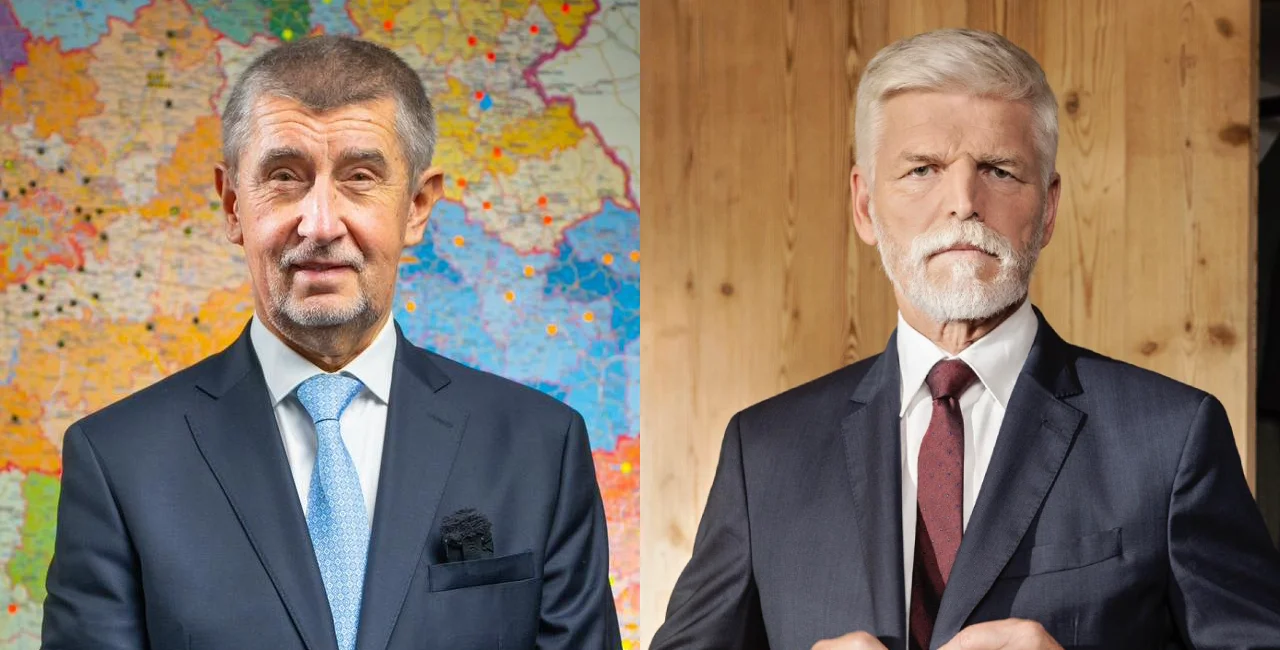The first round of the 2023 presidential election in the Czech Republic is now over, and the top two candidates Andrej Babiš and Petr Pavel have advanced to a head-to-head runoff vote that will be held two weeks from today.
With 100 percent of polling stations now reporting, Pavel scored the most votes during the first round of the presidential election with 35.4 percent of the vote, just slightly ahead of Babiš at 35 percent. Danuše Nerudová, who polled right alongside the top two candidates in the months leading up to the election, comes in a distant third with a disappointing 13.9 percent.
PARTNER ARTICLE
Pavel Fischer finishes fourth with about 6.8 percent of the vote, and SPD candidate Jaroslav Bašta is fifth with 4.5 percent. Marek Hilšer (2.6 percent), Karel Diviš (1.4 percent), and Tomáš Zima (0.6 percent) have received limited support.
The winner of the runoff election between Babiš and Pavel will replace outgoing Czech President Miloš Zeman, who served two terms and a total of ten years as the country's head of state. The office will get at least a decade younger, as the 78-year-old Zeman passes the baton to Babiš (68) or Pavel (61).
Andrej Babiš served as the Czech Republic's Prime Minster for fours years before being ousted by current Prime Minister Petr Fiala at the end of 2021. Long embroiled in controversy, he was acquitted of charges of EU subsidy fraud by a Prague court earlier this week.
Retired army general Petr Pavel served as the Chief of the General Staff of the Czech Army from 2012 to 2015, and the Chair of the NATO Military Committee from 2015 to 2018. He became a lecturer and consultant after retiring from the army in 2018, and launched the Spolu silnější (Stronger Together) initiative in 2020 to aid volunteers in the early days of the pandemic and help prepare the country for future crises.
In this weekend's vote, Pavel led all candidates in Prague, Central Bohemia, South Moravia, Liberec, and Hradec Králové, while Babiš won the vote in the Czech Republic's remaining nine regions.
Pavel has received more than 50 percent of the vote in Prague, while support for Babiš peaked in the Ústí nad Labem Region at around 47 percent.
Danuše Nerudová's efforts to become the Czech Republic's first female president have been dashed this weekend. Coming in third place with a worse-than-expected 13.9 percent of the vote, she gives way to Babiš and Pavel in the second and final round.
Still, Nerudová received the most amount of support for a female candidate in the country's short history of direct elections. There were no female candidates (out of nine) in the 2018 presidential election, and while a third of the candidates in the 2013 election were female, Zuzana Roithová (5 percent), Táňa Fischerová (3 percent), and Jana Bobošíková (2 percent) combined received fewer votes than Nerudová.
Prior to 2013, the Czech Republic did not hold direct presidential elections, with the head of state instead being elected by the country's Parliament. In the country's very first presidential election in 1993, the Czech Communist Party's Marie Stiborová came in second to Václav Havel with 28 percent of the parliamentary vote.
Heading into the weekend, Czech betting agency Fortuna gave odds of a head-to-head runoff election between Babiš and Pavel at nearly 60 percent in favor of Pavel. Babiš, however, performed much better than expected during this weekend's first round of elections, a result that could be a sign of things to come.
The runoff election for Czech president between Andrej Babiš and Petr Pavel will take place in exactly two weeks, with polls open from Friday, January 27 through Saturday, January 28.












 Reading time: 3 minutes
Reading time: 3 minutes 





























